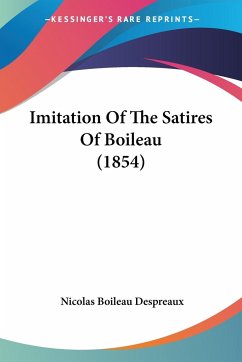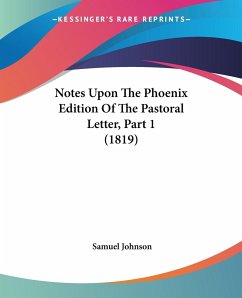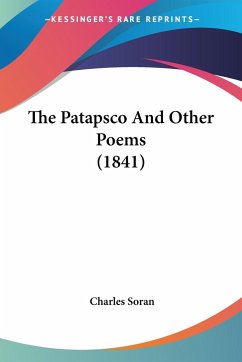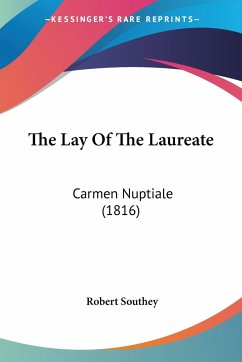
The Passion Of Dido
Or The Fourth Book Of The Aeneid Of Virgil, Freely Rendered In English Blank Verse (1878)

PAYBACK Punkte
10 °P sammeln!
""The Passion of Dido"" is a poetic work by Virgil, originally written as the fourth book of ""The Aeneid."" This particular edition, published in 1878, is a free verse translation of the original Latin work into English. The book tells the story of the tragic love affair between Dido, the Queen of Carthage, and Aeneas, a Trojan prince who is destined to found Rome. The translation captures the intense emotions of the characters and the dramatic events of the story, including Dido's passionate love for Aeneas, his eventual departure, and her subsequent suicide. The work is a classic of Western...
""The Passion of Dido"" is a poetic work by Virgil, originally written as the fourth book of ""The Aeneid."" This particular edition, published in 1878, is a free verse translation of the original Latin work into English. The book tells the story of the tragic love affair between Dido, the Queen of Carthage, and Aeneas, a Trojan prince who is destined to found Rome. The translation captures the intense emotions of the characters and the dramatic events of the story, including Dido's passionate love for Aeneas, his eventual departure, and her subsequent suicide. The work is a classic of Western literature and has been influential in shaping literary and artistic depictions of love and tragedy for centuries.This scarce antiquarian book is a facsimile reprint of the old original and may contain some imperfections such as library marks and notations. Because we believe this work is culturally important, we have made it available as part of our commitment for protecting, preserving, and promoting the world's literature in affordable, high quality, modern editions, that are true to their original work.












